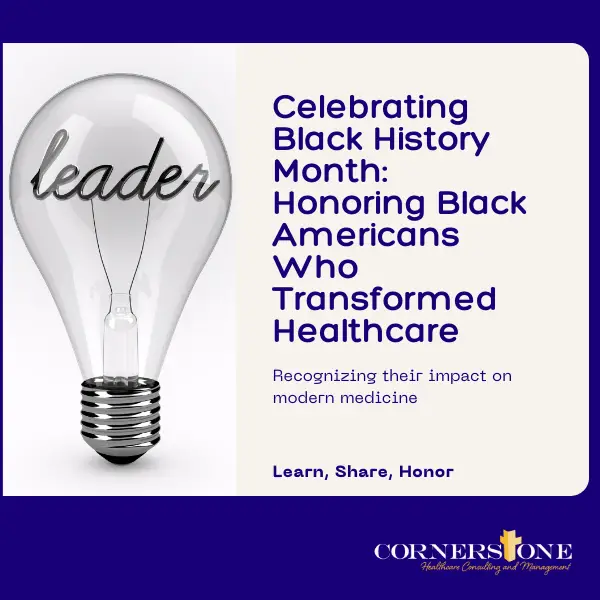Follow Us

We are passionate about good medicine, high standards of care, and doing what is best for the patient.
Official info:
- LeRoy, New York
14482, United States - (585) 815-4007
- Monday to Friday
- 9:00 AM to 5:00 PM
Footer
Official info:
- (585) 815-4007
- LeRoy, New York
14482, United States - Monday to Friday
9:00 AM to 5:00 PM


